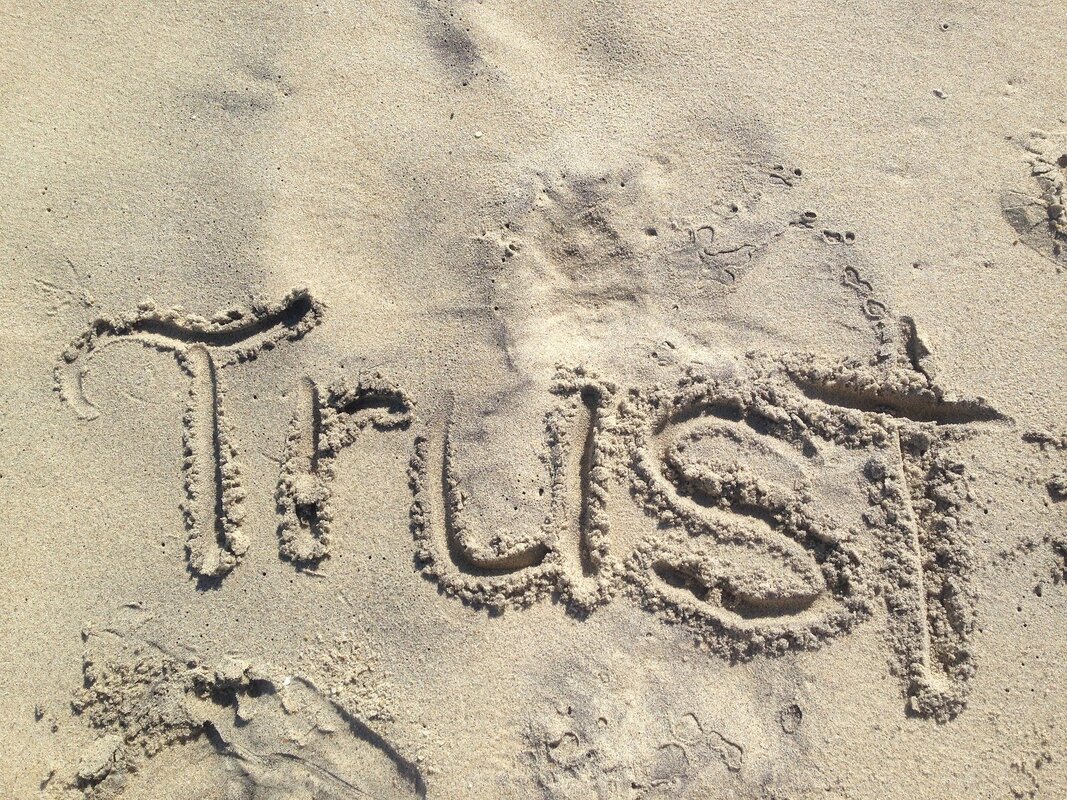|
When it comes to education, we need to stop pretending:
1. that more assessment and data are the answer to every problem in education. Students are not data points. Making them feel like this will do nothing to enhance their learning or their love of learning. 2. that math courses really teach problem-solving. Math courses teach how to solve math problems in math textbooks. Unless the course does something radically different such as presenting students with real-world problems and facilitating methods for solving them then the entire benefit of math courses as problem-solving courses is just a pretense. 3. that we can get our students to value lifelong learning without modeling it for them. Many teachers and professors are doing a phenomenal job of modeling a love of learning, but many are just doing their job and no more. You can't stand up and say lifelong learning is valuable with any credibility without showing it in your own life and actions. You want students to read books, read them yourself! 4. that we can encourage creative thinking without valuing creative endeavors. Do you want to make the argument that creativity is important? Then include creativity in your courses! Teach through creative processes and teach academic courses using the arts. Show the connection and students will see the connection. 5. that lecturing, using textbooks, and other conventional tools will lead to motivated learners. There is no reason to use textbooks to teach… Well, anything! There are better, more affordable resources everywhere. Interesting books, interactive websites, the great outdoors. If you want to motivate students to be learners introduce them to the best ideas and resources in the field you are teaching them. That rarely will include the standard textbook for your course.
0 Comments
Image by Walter Frehner from Pixabay
This is the title and argument of an interesting piece in the Chronicle of Higher Education (The Overworked Bachelor's Degree Needs a Makeover). I would like to comment on two points raised in the article.
Image by Lisa Caroselli from Pixabay
A recent Report Shows US Students’ Skills Falling Behind Others. Much about this is not news. But, several interesting points are made in the article: “Google has found it is increasingly hiring people without college degrees because the signal of the credential is no longer as clear as it used to be that someone is job ready”
Image by Steve Buissinne from Pixabay
We know that, for the most part, children begin life with an exhuberant sense of curiosity. Unfortunately, they slowly lose this over the course of their school years. It is quite likely that they lose their love of learning because of their schooling. As children begin their schooling the presumption is that there are certain subjects the students will simply have to be forced to learn. So, as their engagement and enthusiasm for schooling diminishes the coercion has to increase to yield any results.
Image by 3D Animation Production Company from Pixabay
Here’s a Thing: There’s No Correlation Between a College Degree and Coding Ability. So, that's one thing college degrees tell us: nothing useful about whether someone can code or not. This is due in large part to the fact that coding is a skill and whether you have it or not depends something other than your grades or your degree. As should be obvious you can graduate with a degree and even with all A's and yet not have the requisite skills to be a decent coder. Measurement can be a useful tool. But, when it comes to measuring outcomes in education there is always a risk that the measurement becomes the focus instead of the learning. When that happens, learning always seems to take a back seat to the measuring and testing that comes with it. What are we teaching students by focusing so much on measuring, outcomes, rubrics, and so on? I once asked a group of students whether they thought that once they got a job they would be presented with a rubric and graded like they were in class. One student, without a trace of humor, replied that yes that was exactly what she expected. Consider this from a recent article on LinkedIn titled Beyond the Lemonade Stand: How to Teach High School Students Lean Startups: "Because these were high school kids with, for the first time, a real business relying on them, this portion of the class shook them so badly they couldn't move from their seats–literally. All their hard-wired school habits turned to dust as the kids realized their school tools were useless: there were no solution keys, no rubrics, no answers in the back of the book." What are students going to do when there are no solutions keys, rubrics, or answers to check in the back of the book? Are we teaching them to over-rely on tools for measuring so that the tools become crutches? Or should we be training businesses to use rubrics to evaluate their employees? Yes, measuring is a useful tool. But, tools serve to further our goals. They should not be the goals themselves. "Not everything that can be counted counts, and not everything that counts can be counted." Albert Einstein  Take a look at the chart to the left from this article: The School Cliff: Student Engagement Drops With Each School Year. However, you want to measure engagement can this be a good trendline? Who would like to argue that if we keep doing more of the same thing, the results for student learning will improve? I think data like this partially explain the rise in the popularity of homeschooling, unschooling, and the newly growing uncollege movement. At some point, we may well see a chart with this same trendline showing a decline in attendance in public and private schools. When we see this chart we will know that finally, some major and positive changes are occurring in education. This prospect will frighten many people at first. But, I think unless we begin to see radical changes taking place in our schools, what goes on outside of school will be more important to the future education of our students. The kinds of changes I have in mind begin with actions like this one: Garfield Teachers Refuse to Give District Required Test. This article recounts the power of teachers acting in concert. While this one act might not lead to anything more positive, more actions like it will. I've argued for years that teachers have immense power to affect change for the better in our schools if only they can find a way to act together. In many cases, teachers know what needs to be done to improve student engagement and learning. They are often prevented from making the positive changes that would lead to better student learning. Without these changes in our schools more and more families will continue to flee from them and many will choose never to enter the system at all. After all, the highest number of the Gallup chart above is 76% engaged. Does that indicate that the prospect of going to school at all costs us 24% of engagement right from the beginning? The challenge for those of us who teach in college is obvious. How do we re-engage students who have been trained for 12 years or more to be unengaged in their learning? I don't have the answer though I'm certainly open to trying I'm not sure a 2 or 4-year experience in college will succeed at this task given how similar the college classroom is to the high school classroom.
Image by Gerd Altmann from Pixabay
Suppose you have just graduated with a college degree and are interviewing for a new job. You discover that due to your poor communications and writing skills as well as your lack of general knowledge that you will not be considered for the position. What would you do? Would you
Image by Wokandapix from Pixabay
The latest craze in pedagogy is an emphasis on increasing student engagement. While I have some sympathy with many of the aims of this movement, I think there are some important questions that need to be addressed as well. In an interesting article titled "I’d like to take this opportunity to triple-dog-dare Peter Thiel," Daniel Drezner quotes the following from a Department of Education document: "[M]any of the factors that contribute to a high-quality post-secondary education are intangible, not amenable to simple and readily comparable quantitative measures and not the subject of existing data sources that could be used across all institutions. Foremost among these are learning outcomes, which are central to understanding the value of an education but vary widely across programs and institutions and are communicated in many different ways." This statement reveals some of the problems that exist with the current obsessive emphasis on learning outcomes and assessment. Let's look at a few. |
KEVIN J. BROWNEPhilosopher / Educator These blog posts contain links to products on Amazon.com. As an Amazon Associate I earn from qualifying purchases.
Categories
All
Archives
April 2023
|











 RSS Feed
RSS Feed
















